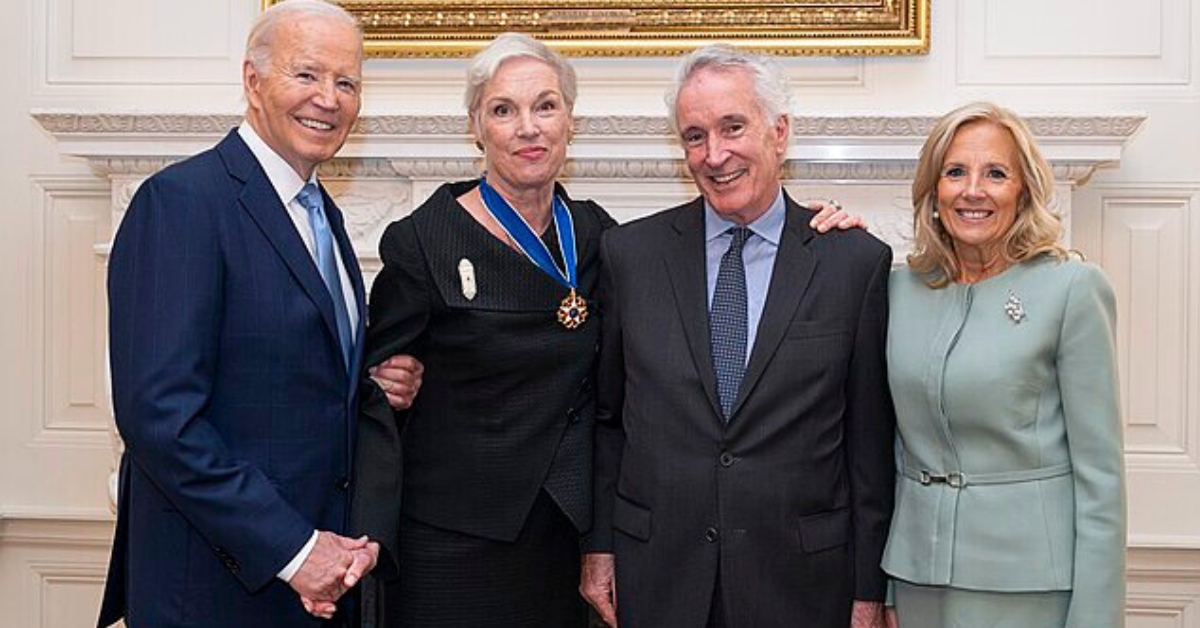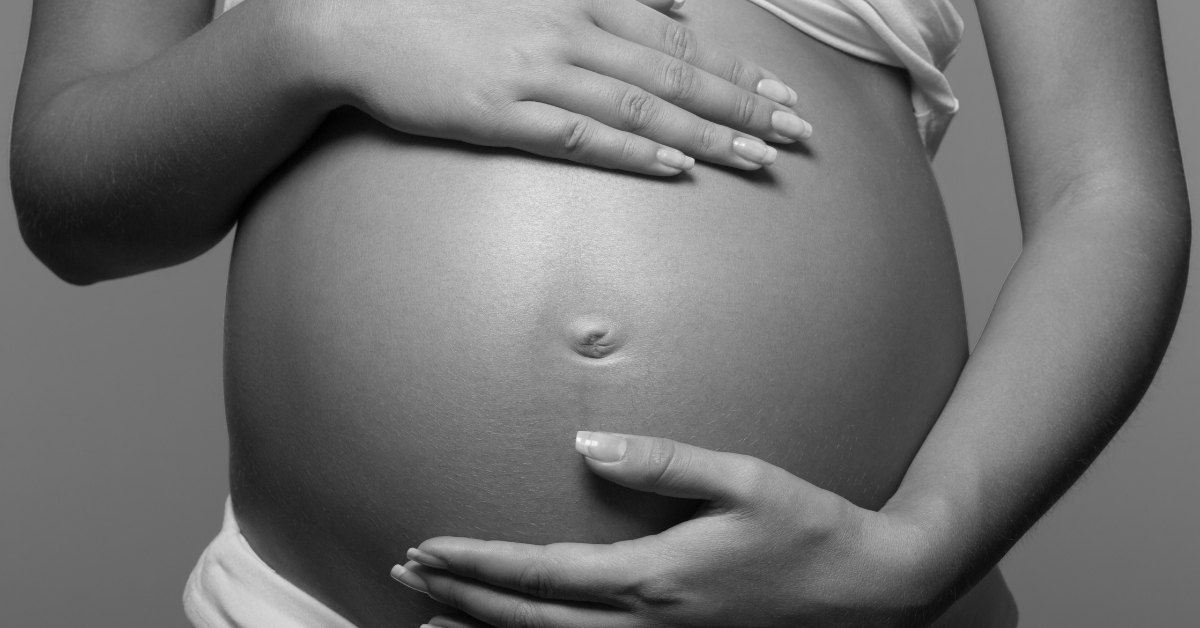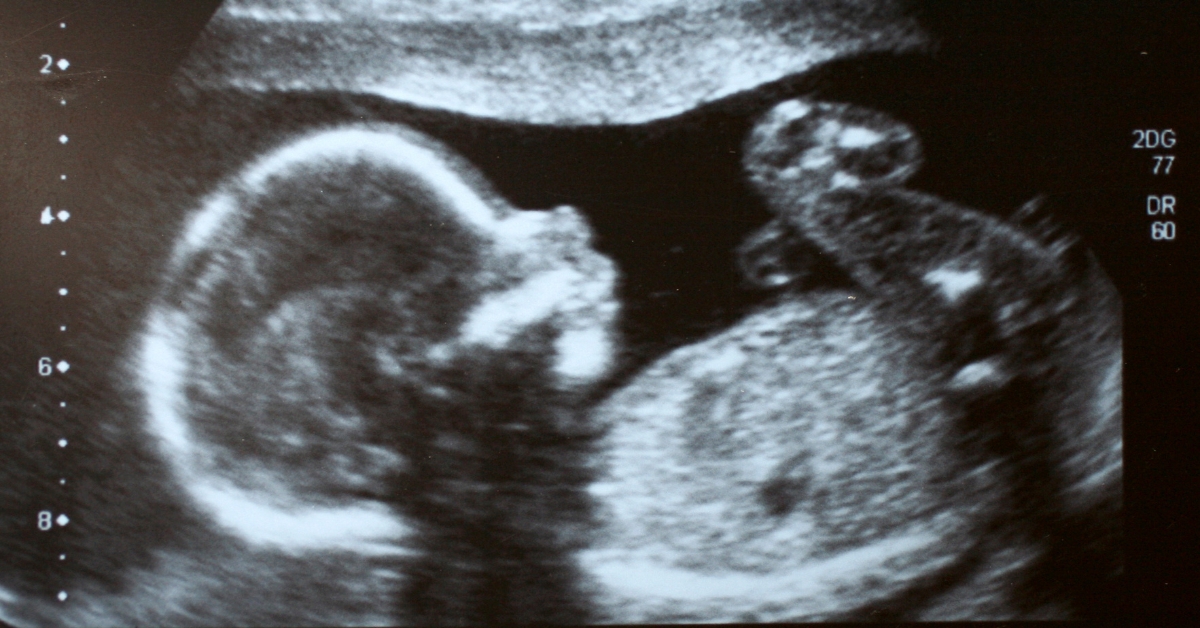
Perinatal Hospice Is a Pro-Life Alternative for Mothers Facing Bleak Prenatal Diagnoses
In a world where the narrative around abortion has been hijacked by proponents of a culture that devalues life, the truth often gets lost in the noise. Recent events and studies shed light on a concerning trend where abortion is presented as the only “solution” to prenatal diagnoses of disabilities or anomalies. Yet, there’s another side to this story, one that champions life, dignity, and genuine compassion, even in the face of daunting medical prognoses.
In an unsettling shift, the celebration of life has been overshadowed by a dangerous ideology that prioritizes convenience over the sanctity of human existence. A vivid example of this was seen in the standing ovation given to an individual who chose abortion over life at Biden’s State of the Union Address. This moment chillingly reflects how far some segments of our society have strayed from the values that once held us together—the belief in the inherent worth of every human being, no matter their condition.
The reality of prenatal diagnoses is complex and fraught with emotional turmoil. Trisomy 18, among other conditions, has been at the center of a heated debate. While the challenges associated with such diagnoses are profound, the narrative pushed by the abortion industry is both misleading and harmful. They sell despair, not hope; termination, not support. This starkly contrasts with the resilience and joy found in families who embrace their children, regardless of a diagnosis that might seem daunting.
These families have found solace and strength in perinatal hospice care, an approach that embodies the true essence of compassion and medical care. Perinatal hospice offers a supportive environment where families can prepare for the birth of their child, cherishing every moment of life, however brief it may be. This model of care proves that there is beauty and dignity in every life, challenging the notion that abortion is the only or best option for dealing with prenatal diagnoses.
The data is clear: perinatal hospice care not only provides emotional and psychological support for families but also challenges the misconceptions surrounding life-limiting conditions. Families report feeling more supported, less isolated, and profoundly grateful for the opportunity to love and care for their child, no matter the outcome. This contrasts sharply with the traumatic experiences reported by many who chose abortion, underscoring the need for a broader discussion about the real implications of such decisions.
As a society, we are at a crossroads. We can continue down the path of devaluing life, celebrating the choice of death over life, or we can choose to embrace every life as valuable, worthy of love and support. The rise of perinatal hospice care represents a beacon of hope and a challenge to the prevailing narrative.
The choice before us is stark but clear. Will we stand for life, offering hope and support to those facing the most challenging circumstances? Or will we allow the sanctity of life to be further eroded by a culture that sees abortion as the first and only answer? The answer lies in our collective hands, and it is incumbent upon us to advocate for a society that cherishes every life, recognizing the inherent dignity and value of every person, born and unborn.














